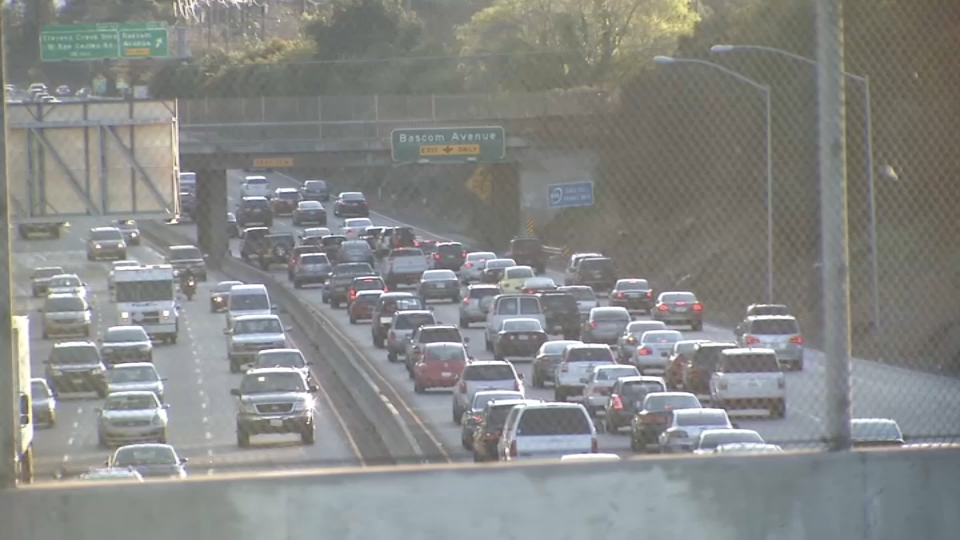The California Supreme Court will begin streaming oral arguments online as the judiciary works to improve access and fairness in the court system, the state's top judge said Tuesday.
Chief Justice Tani Cantil-Sakauye told a joint session of the Legislature that the streaming is part of the court system's effort to adapt following an economic downturn that brought a sharp drop in court funding.
A spokesman for the Judicial Council of California, Cathal Conneely, said officials are planning to livestream the court's San Francisco arguments in May, but Los Angeles sessions will come later because of technological limitations.
"We are a branch now made leaner by the greatest recession of California's history. We endured, and we've changed for the better," Cantil-Sakauye said in her fifth annual "state of the judiciary" address to a California lawmakers.
Since becoming chief justice in 2011, Cantil-Sakauye has used her annual speech to lawmakers to seek more money for the court system, but she focused Tuesday on addressing inequities in the judiciary to ensure it doesn't perpetuate poverty.
She called for an examination of the system of bail, wondering whether it's fair to defendants who can't afford to post a bond to be free while they await trial. Twelve experimental programs around the state suggest that detaining people who can't afford bail may increase recidivism and supervised release may be as effective at ensuring people show up for trial, she said, but more study is needed.
"We must not penalize the poor for being poor," she said.
Local
Cantil-Sakauye also questioned the reliance on court fines and fees to pay for government services, saying it's an inequity when a system created for accountability has been turned into a revenue stream for essential services. California courts raise about $1.7 billion a year from fines, fees and assessments, she said, and more than 60 percent pays for state and local government services. The rest goes to pay for court operations.
The toll of court fees on low-income and minority communities has been in the spotlight since a U.S. Department of Justice report found the city of Ferguson, Missouri, relied on its court system to generate revenue. The U.S. Department of Justice said the practice heightened tension for years among black residents before the shooting in August 2014 of a black, unarmed 18-year-old by a white police office.
The justice also said the courts urgently need more funding to provide lawyers for children in dependency cases.
Cantil-Sakauye was appointed chief justice in 2010 by Republican Gov. Arnold Schwarzenegger. She was previously a judge on the Court of Appeal and the Sacramento County Superior Court.



